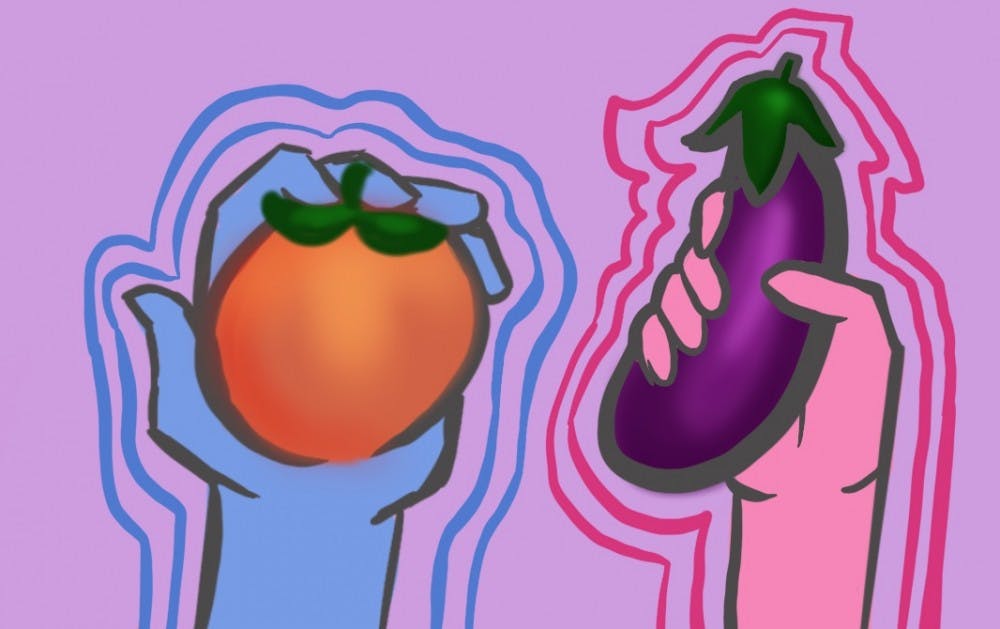Over the past two months, the word virgin seems to have been said over a million times on 'the most dramatic show on television' — The Bachelor.
Colton Underwood, the 26-year-old former NFL player, made waves this past season as the show's first virgin Bachelor. The reactions of viewers ranged from shaming to praising, and some even speculated whether Underwood’s virginity claims were true.
It seems that unless a person chooses to stay celibate for religious reasons, being a virgin is seen as taboo.
The socially constructed idea of virginity has made people believe that they are worth less for having it or worth less for losing it. Especially in college when virginity and sexuality are some of the most sensitive topics to discuss, it is important for people to realize that being a virgin doesn’t define them as a person.
Additionally, the stigma surrounding virginity is approached differently for men and women. When a man is a virgin in his adulthood, he is seen as unmanly and almost weak, and women are often seen as prudes if they're a virgin throughout college.
Despite the buzz surrounding this one word, according to Affinity Magazine, there is not a medical definition for virginity. The article also states, “Virginity is also centered around the idea that there is one definition of sex, which is exclusionary of the queer community.”
This socially constructed idea suggests that people are losing something when they have sex for the first time. Sex is not about taking, but it's instead about giving – by saying a part of someone is now gone after having sex sends the wrong message.
In our modern society, the media normalizes sex, which can lead people, especially younger people, to think their views have to align with what they see on television and online. The media makes it seem like everyone is sexually active, so those who aren't may feel ostracized.
Isa Jones, a sex and relationship therapist and owner of The Scottsdale Center for Sex and Relationship Therapy, said that as a country we don’t value adolescent sexual health, and so many young people’s sexuality is governed by peer pressure rather than values.
“When you grow up in a sexually oppressive culture or a sex negative culture like America, then you will have people not integrating sexual choices in ways that are really thought out and empowering,” Jones said. “When I look at young people and what are their models and sexual scripts, they get most of them from the media and pop culture, which would have you believe that everybody is rockin’ in the sack at 18 and 25.”
Research shows that those exposed to sexually charged television shows are more likely to be sexually active.
A study done by researchers from UCLA and the Prevention Research Center found that, “television viewing patterns differed by the sexual status of the adolescent (virgin versus sexually active), with sexually active teens viewing more television with a high level of sexual content.”
The skewed view of sex might start in the media, but it is perpetuated through a variety of outlets, and its effects can be harmful.
Whether you're a virgin or not, the grass is not really greener on the other side anyway.
Reach the columnist at psaso@asu.edu and follow @paytonsaso on Twitter.
Editor’s note: The opinions presented in this column are the authors’ and do not imply any endorsement from The State Press or its editors.
Want to join the conversation? Send an email to opiniondesk.statepress@gmail.com. Keep letters under 500 words and be sure to include your university affiliation. Anonymity will not be granted.
Like The State Press on Facebook and follow @statepress on Twitter.




